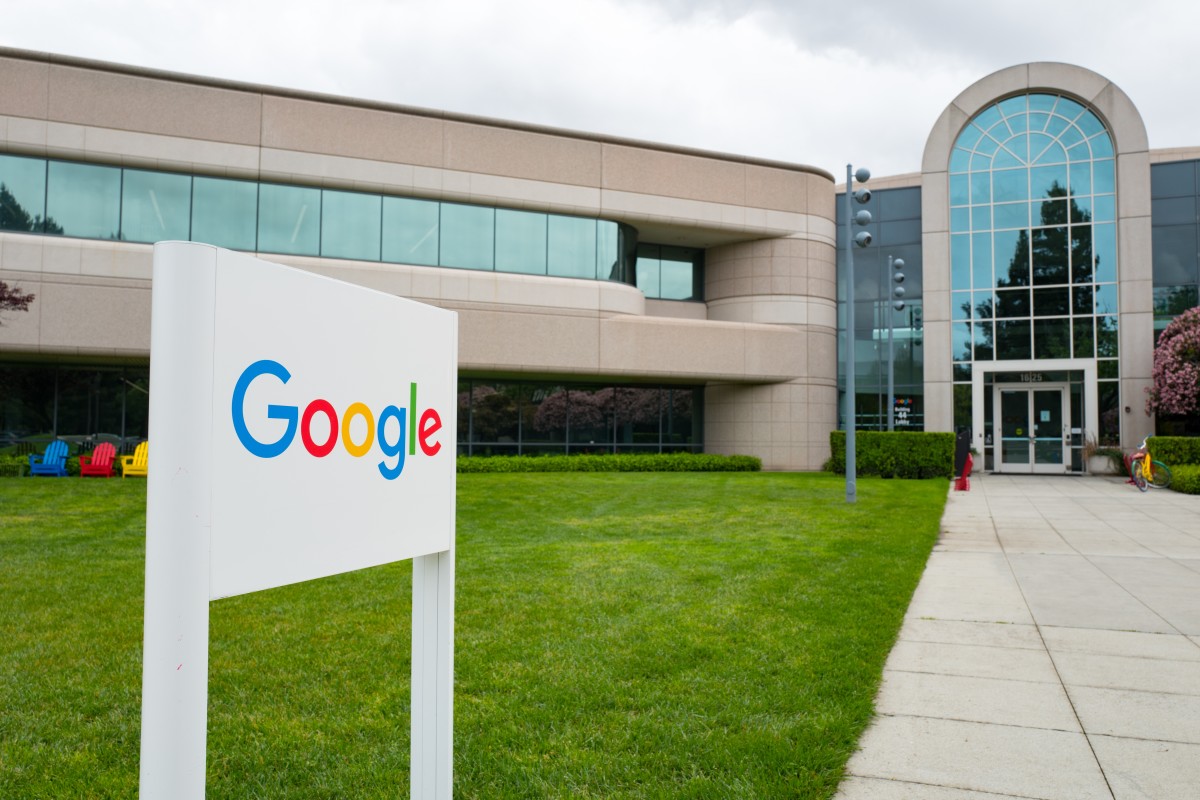
Alphabet (GOOG) -) shares fell hard all day Wednesday, slumping around 10% in what became the stock's worst single day since the onset of the Covid-19 pandemic in March of 2020. The fall continued throughout Thursday, with Google shares pushing down another 2%.
This stock stumble came despite a strong earnings beat.
Google, riding an advertising rebound, reported revenue of $76.69 billion for the third quarter, above Street estimates of $75.97 billion, a growth of 11%. The company additionally reported earnings of $1.55 per share, above Street expectations of $1.45.
Related: Why Tesla stock is crumbling — and where it could go next
YouTube ad revenue — of $7.95 billion — additionally came in above Street expectations.
What went wrong
But Wall Street is proving supremely unconcerned with revenue beats and advertising gains; it's all about the monetization of artificial intelligence and the cloud. And Google's Cloud sector, reporting $8.41 billion in revenue, around $20 million below analyst expectations, was just not strong enough for the Street.
It didn't help that Microsoft (MSFT) -), reporting earnings at the same time, reported a huge surge within its own Azure cloud sector.
Deepwater Management's Gene Munster, however, cautioned investors to "take a deep breath," noting the level of pressure that Wall Street has placed on the growth of Google's cloud sector.
"The deep breath piece of this is just looking at the aggregate of what's in front of Google over the next decade," Munster told CNBC, explaining that Microsoft is currently eating into Google's potential share of the cloud market by leveraging OpenAI's models. This environment, according to Munster, is only short-term.
Related: Top analyst says this CEO is the most impactful tech exec since Steve Jobs
Where it's headed
As Gemini, Google's answer to OpenAI, gets integrated over the next year, "the scale will tip back toward Google and we'll see a re-acceleration."
The biggest Google positive for Munster, though, is that "they are investing more but they're doing it judiciously. They're going to grow earnings faster than expenses."
And Google's unique advantage, Munster said, revolves around the company's prominence in the search market.
"What Google wants to do is take what you use Google for today and add onto that generative features," Munster said. "As they add that, you're going to go to Google more over time and there's more opportunities for them to monetize search. Big picture: the Google story is intact."
Investors' reaction to Google's cloud miss is one that Wedbush analyst Dan Ives likewise found to be excessive.
"Owning Alphabet for its Cloud business is like rooting for Michael Jordan to play baseball," he wrote. "We think the reaction in shares is overdone and believe investors are placing too much relative value on cloud for now."
The Google sell-off represented the fifth-largest single-day drop in market value for any U.S. company on record, in a decline that erased more than $160 billion in market value, according to Dow Jones data.
Barclays analyst Ross Sandler said that until Google can get its cloud business up to par: "We wouldn't be surprised if investors rotate a bit into other mega-cap tech names near-term."
Before the drop, Google shares were up 47% for the year.
Related: Marc Andreessen defends Silicon Valley in bold, tech-loving manifesto
Get investment guidance from trusted portfolio managers without the management fees. Sign up for Action Alerts PLUS now.







